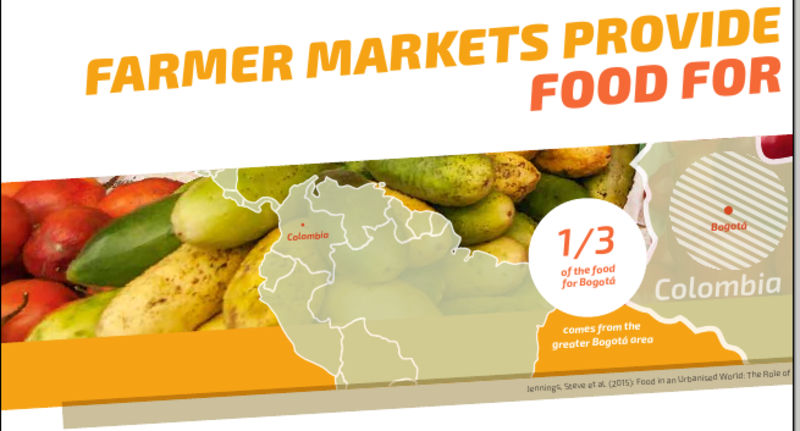Agroecology And Food Systems Transformation
Agroecology is revolutionizing the way we approach food systems, promoting sustainability and better practices. In this post, we will delve into the concept of agroecology, exploring its benefits, ideas for implementation, recommendations for individuals and communities, and intriguing question and answers. Buckle up and let's embark on this transformative journey!

Agroecology, an innovative approach to food systems, is redefining our relationship with the land and promoting sustainable farming practices. By combining traditional knowledge with modern techniques, agroecology aims to create resilient and biodiverse ecosystems that benefit not only the environment but also the local communities.
What sets agroecology apart from conventional agriculture is its emphasis on ecological principles. Instead of relying on synthetic fertilizers and pesticides, agroecology aims to work with nature, utilizing natural processes to enhance soil fertility and protect crops from pests and diseases. This holistic approach ensures the long-term health of the land and minimizes the negative impact of agriculture on the environment.
Ideas for implementing agroecology can vary depending on the context. In Asian countries, where small-scale farming is prevalent, promoting agroecology can have significant social and economic benefits. By empowering farmers with the knowledge and resources to transition to agroecological practices, we can create a more sustainable and equitable food system.
One recommendation for individuals interested in supporting agroecology is to prioritize locally produced and organic food. By choosing to buy from local farmers who practice agroecology, we can contribute to the growth of this movement and help create a demand for sustainable farming practices.
Listicle of agroecology initiatives in Asian countries:
- Community-led organic farming projects in rural India
- Small-scale agroforestry systems in Indonesia
- Permaculture gardens in urban areas of Japan
- Traditional rice farming methods in Vietnam
- Water-efficient farming techniques in Thailand
Question & Answer:
Q: How does agroecology contribute to food security?
A: Agroecology improves food security by promoting diversified farming systems and reducing dependence on external inputs. By growing a variety of crops and integrating livestock, farmers can ensure a stable and nutritious food supply while maintaining a balanced ecosystem.
Q: Is agroecology only suitable for small-scale farming?
A: While agroecology is often associated with small-scale farming, its principles can be applied to larger agricultural systems as well. The key is to prioritize ecological processes and minimize the use of synthetic inputs, regardless of the farm's size.
In summary, agroecology offers a transformative approach to food systems, promoting sustainability, biodiversity, and social equity. By embracing agroecology, individuals and communities can contribute to a more resilient and environmentally friendly future. Let's join hands and support the agroecology movement to create a better and different food system for all!

Post a Comment for "Agroecology And Food Systems Transformation"